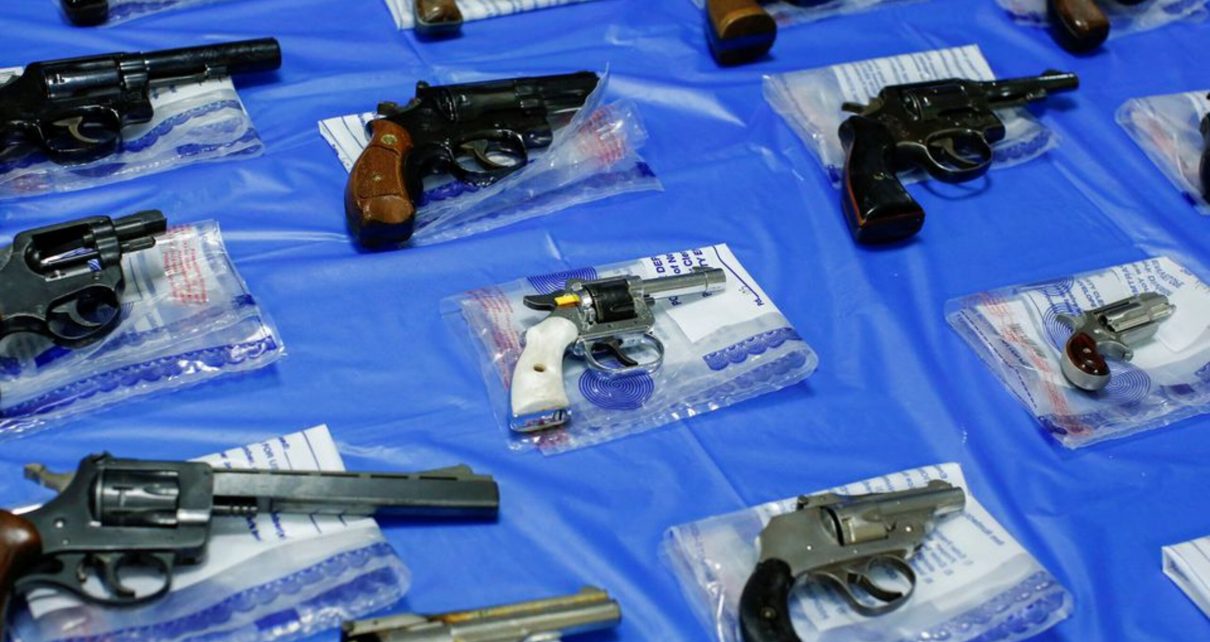The United States Supreme Court denied a lawsuit by a group of New York weapons retailers against a slew of Democratic-backed gun-control legislation enacted by the state last year, which the firms claimed damaged their bottom lines.
The justices dismissed the dealers’ request to stay the legislation, some of which placed gun safety standards on stores, while their appeal of a lower court’s judgement in favour of New York was pending.
Some of the laws were passed by the state’s Democratic-led legislature in June. Others were enacted in July, following the Supreme Court’s decision the previous month to overturn New York’s restrictions on carrying concealed pistols outside the home in a landmark decision expanding gun rights.
Officials in New York have stated that the new gun restrictions, which are facing several legal challenges in lower courts, are necessary to ensure public safety. Since 2008, the Supreme Court has expanded gun rights in three major decisions.
The judges rejected a separate request by members of a gun rights advocacy group to block much of New York’s Concealed Carry Improvement Act, which Democratic Governor Kathy Hochul signed into law on July 1.
In a commentary issued alongside the ruling, Justice Samuel Alito, joined by fellow conservative Justice Clarence Thomas, stated that the court’s action in that instance was procedural rather than substantive. According to Alito, the New York legislation at issue “raises fresh and severe problems” under the clauses of the United States Constitution governing gun rights and free expression.
That rule prohibited firearms from being carried in a broad list of “sensitive locations,” including churches, medical offices, theatres, public parks, and Manhattan’s popular Times Square. It was enacted in response to the Supreme Court’s June 23 ruling, which stated for the first time that the Second Amendment’s right to carry a pistol in public for self-defence is protected by the Constitution.
In addition, the June opinion required courts to consider whether gun limits were “consistent with the nation’s historical practise of firearm regulation,” making it more difficult to regulate weapons in a society where mass shootings are prevalent.
In federal court, nine individuals who sell weapons in upstate New York and a gun collectors club challenged a set of rules governing sales.
Some of the rules have an impact on retailers, such as the requirement for security alarms and sales records. Others, such as mandating background checks for ammunition sales and training to obtain a concealed-carry licence, have an impact on individuals.
A federal judge refused to prohibit any of the challenged statutes for a variety of reasons, including the fact that the Second Amendment protects individuals rather than businesses. The plaintiffs were also rejected by the Manhattan-based 2nd U.S. Circuit Court of Appeals in December, but their appeal was expedited.



